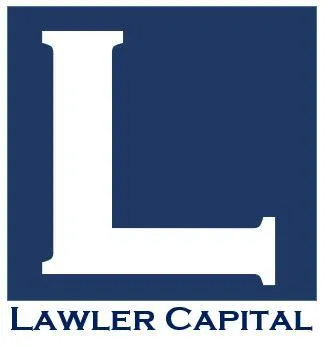Mortgage Checklist
Use this mortgage checklist to keep you on track.
The following information is usually required during the loan process:
Your social security number
Your tax returns for the past two years
Bank statements for the past two months
Investment account statements for the past two months
Life insurance policy
Retirement account statements for the past two months
Personal loan account information
Divorce decree (if applicable)
Prior bankruptcy documentation (if applicable)
If you currently own real estate:
Your most recent mortgage statement
Home insurance policy information
Home equity account note (if you are refinancing)
Copy of your current note (if you are refinancing)
Home buying checklist:
Find a Realtor
Find an Experienced RMC Loan Officer (LO)
Receive a Pre-Approval Letter from RMC
Work with Realtor® to identify desired property and get offer accepted
Send LO Copy of Purchase Contract
Send LO Copies of Your Canceled Earnest Money Deposit Checks
Work with Realtor® to complete any necessary due diligence (e.g., home inspection, termite inspection, etc.)
Schedule an Appraisal through RMC
Conduct a Final Walk-through before consummation
The purchase contract
Copy of your canceled earnest money deposit check
